
Bangladesh
-

How the price of agricultural inputs constrains farmers in Bangladesh
There are fears that agricultural subsidies could attract farmers with low returns to use new technologies. Evidence from Bangladesh shows that without subsidies, the price of agricultural inputs is actually a barrier to adoption, highlighting that h...
-

How programme design and local context shape the lasting effects of cash and food transfers
A transfer programme in Bangladesh led to sustained consumption increases and reduced poverty four years post-programme, but design and context mattered.
-
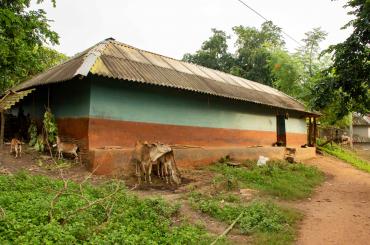
How a documentary film fostered interethnic harmony in Bangladesh
A documentary film, shown to a majority group, portraying the daily lives, cultural practices, and socioeconomic struggles of a minority group in Bangladesh, increased prosociality and reduced complaints against the minority.
-
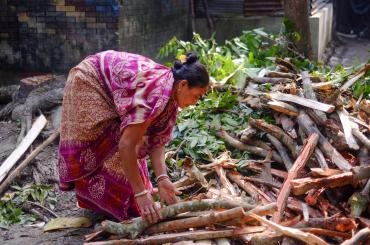
Boosting women’s labour force participation: Opportunities and challenges in Bangladesh
What are the barriers to women’s labour force participation in Bangladesh? What are some promising evidence-based policy options? Where is more evidence required?
-
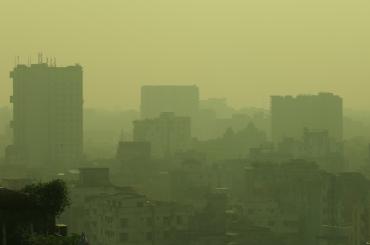
Dual misbeliefs and technology adoption: Evidence from air purifiers in Bangladesh
Households in Bangladesh hold inaccurate beliefs about indoor air pollution and the effectiveness of air purifiers. Correcting both beliefs is necessary to increase the adoption and use of air purifiers.
-
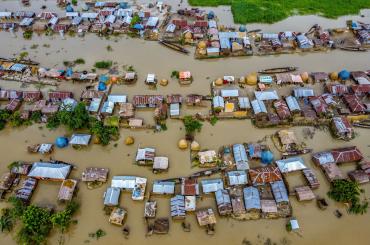
Emergency loans promote climate change adaptation and can be profitable for microfinance institutions
Evidence from a large-scale trial in Bangladesh shows that improving credit access in rural areas helped farmers adapt to flood risks without negative spillovers, and was profitable for microfinance institutions.
-

Adaptation on the frontline of climate change
How are communities adapting to climate change? What can policymakers do to help them?
-
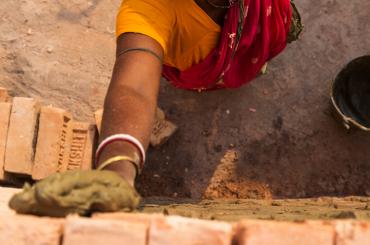
Paternalistic gender discrimination: Evidence from labour markets in Bangladesh
Employers can discriminate and restrict women from taking up employment opportunities deemed unsafe. Research from Bangladesh suggests female workers entering the labour market may suffer most from paternalistic discrimination, where male workers ‘pr...
-
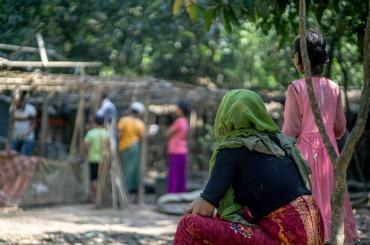
Healing in crisis: Investing in women’s mental health and child development in refugee camps has huge benefits
A low-cost play-based programme for refugee mothers and their children in Rohingya refugee camps in Bangladesh was remarkably effective at improving mental health and wellbeing